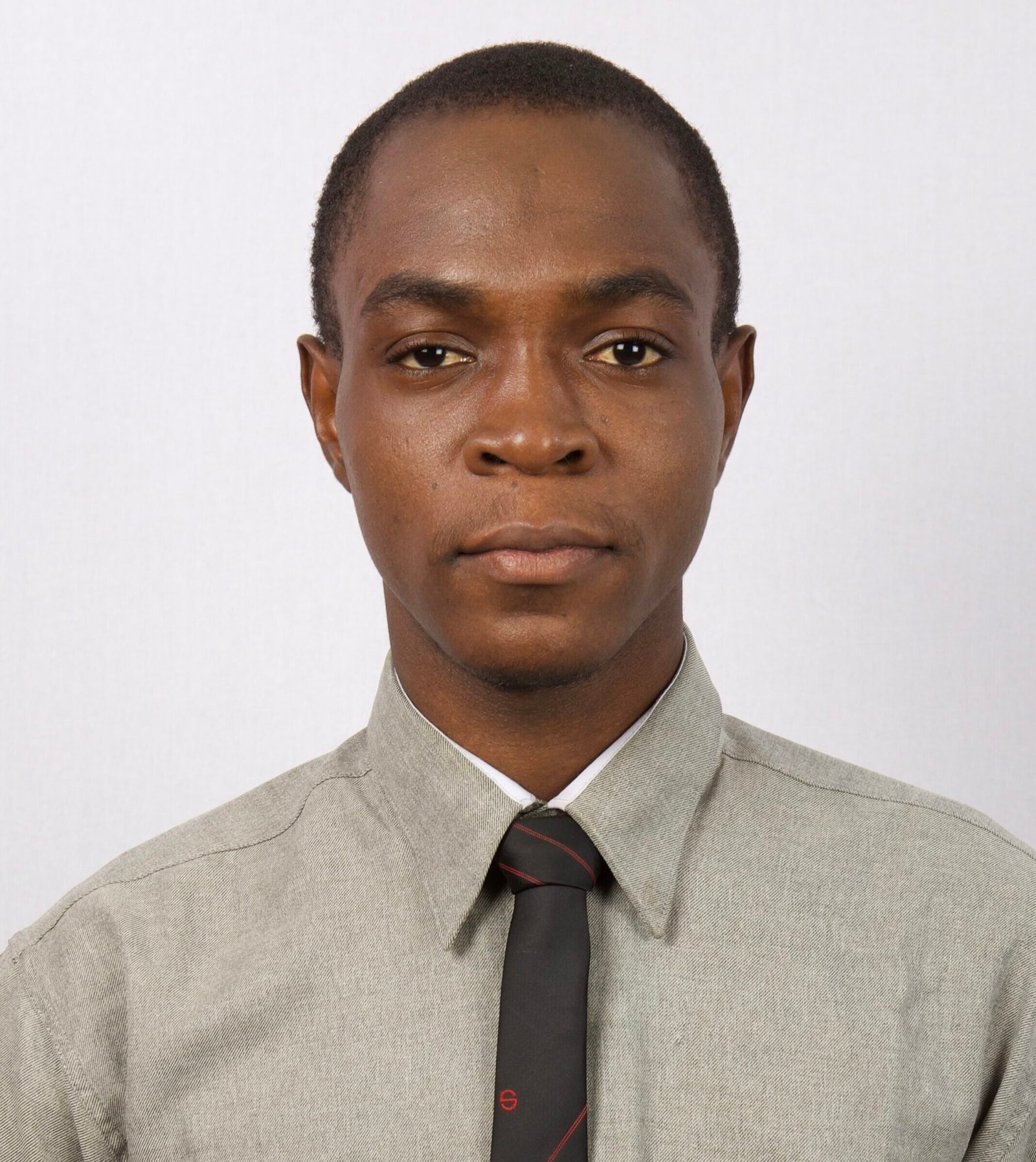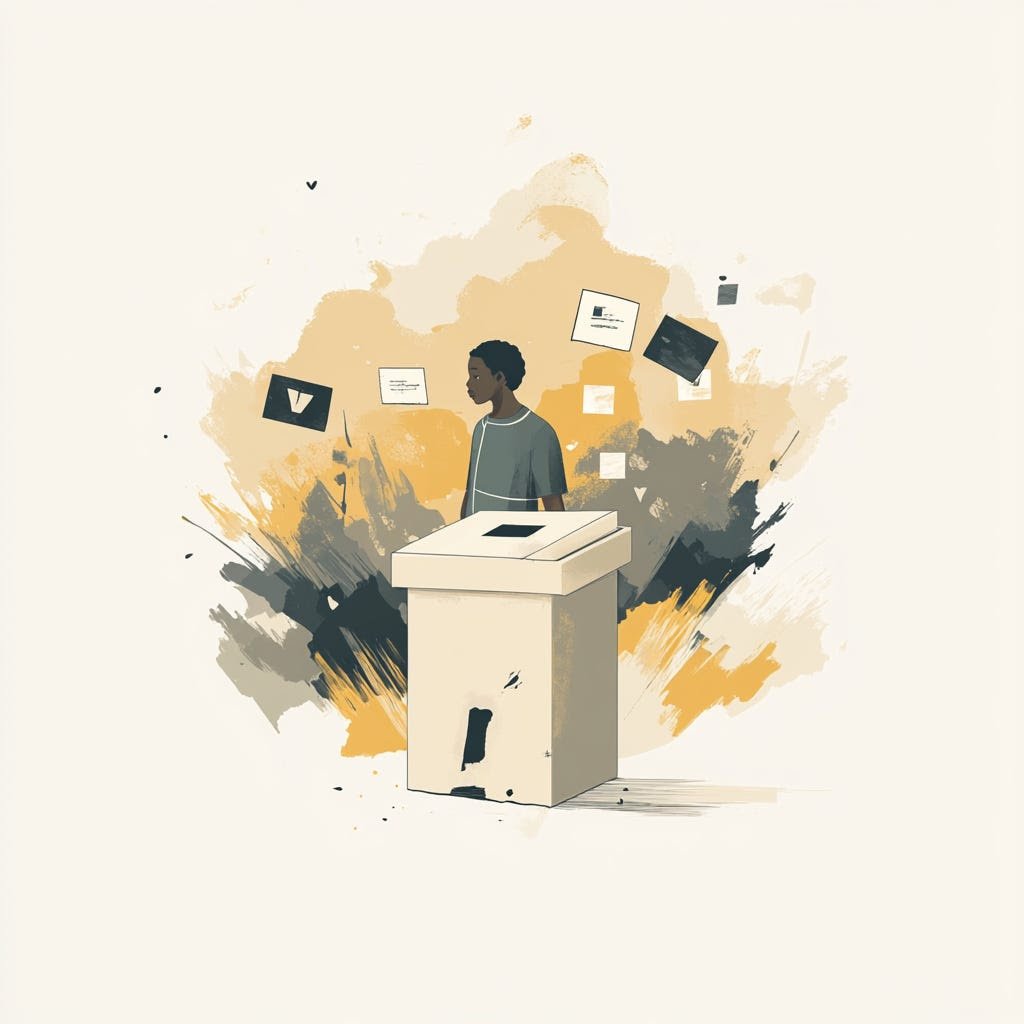The most striking findings of the last Afrobarometer survey, “Democracy at Risk,” are that while Africans overwhelmingly say they want democracy, fewer believe they actually have it. Here is the picture: despite authoritarian reversals in several countries, 66 percent of Africans prefer democracy to any other form of government. In comparison, only 15 percent say non-democratic regimes are sometimes preferable.
But that idealism is tempered by everyday realities. Only 45 percent of respondents describe their countries as full or partial democracies — down 8 points from a decade ago. And just 37% say they are satisfied with how democracy works in their country — an 11-point decline since 2014.
The last Afrobarometer survey draws on responses from over 53,000 citizens across 39 African countries and pairs with data from the 2024 Ibrahim Index of African Governance (IIAG), capturing public sentiment on political rights, accountability, elections, and civil liberties. The findings show that Africa’s demand for democratic governance remains high, but state delivery continues to falter.
South Africa’s trust in democracy has dropped by 29 percentage points since 2011. Mali recorded a 23-point fall, and Tunisia 17 points. This shows how even once-promising democracies lost credibility in the eyes of citizens.
Afrobarometer data shows that while over 70 percent of citizens support freedom of speech, press, and assembly, many no longer feel safe exercising these rights. According to the 2024 Ibrahim Index of African Governance (IIAG) report, freedom of association, expression, and civic space has deteriorated in 29 of 54 countries over the past decade.
The IIAG report also reveals that civil liberties indicators declined in more than half the continent, including major democracies like Kenya, Senegal, and Ghana. This is a result of repressive measures, including anti-protest laws, social media restrictions and security crackdowns on civil society.
The Rising Authoritarian Tolerance
One of the most alarming findings is that 53 percent of Africans say it is justified for the military to take over when elected leaders abuse power. Among youths (ages 18–35), that number rises to 56 percent.
This comes amid a wave of recent military coups: seven since 2020, including in Burkina Faso, Mali, Guinea, Niger, and Gabon.
Public tolerance for military intervention appears highest in countries where governments are seen as corrupt or unaccountable. In Burkina Faso, for instance, support for military rule surged after years of insecurity and alleged electoral fraud.
But people do not just tilt towards the military for no reason. Years of maladministration and abuse of power determine people’s perceptions. Most people are losing trust in the system that powers democracy: elections.
While over 70 percent of Africans support multi-party elections and presidential term limits, trust in electoral processes has weakened. Only 58 percent believe their most recent election was free and fair, down from 66 percent in 2014, and 48 percent say votes are not counted fairly.
In countries like Zimbabwe and Sudan, fewer than one in four citizens trust the electoral commission.
These perceptions align with rising political interference in electoral bodies and allegations of vote-rigging, vote-buying, and media bias across several countries.
A more disturbing trend is the longevity of African leaders in power. Between 2015 and 2024, 14 African heads of state altered or removed presidential term limits, and Afrobarometer reveals strong citizen resistance to this trend. The index shows 76 percent of respondents across 39 countries oppose changes that allow presidents to stay longer in office. Yet these constitutional changes often proceed despite overwhelming public opposition.
Meanwhile, the IIAG 2024 report reveals that countries with regular term limit violations scored much lower in governance, with poorer performance in human rights and the rule of law.
Corruption
Afrobarometer finds that more than 60 percent of citizens perceive widespread corruption in the government and parliament, and more than 50 percent in the police and courts. This figure is corroborated by Transparency International’s 2024 Corruption Perceptions Index, which gave Sub-Saharan Africa an average score of 33/100, making it the lowest-performing region globally.
In Nigeria, 75 percent of citizens believe “most” or “all” government officials are corrupt, and only 30 percent trust the presidency to do what is right. Perceptions of corruption in public procurement and law enforcement are similarly high in Ghana and Kenya.
On a more optimistic note, a handful of African countries continue to demonstrate democratic resilience. For instance, Mauritius is consistently ranked as one of Africa’s most democratic states in the Ibrahim Index of African Governance (IIAG). In the 2024 IIAG, Mauritius scored 73 out of 100, with particularly high marks in accountability, personal liberties, and the rule of law. Over 82% of Afrobarometer respondents in Mauritius said they were satisfied with how democracy works in their country.
Namibia scores well on political participation and freedom of expression, with over 70 percent of respondents affirming trust in electoral processes and satisfaction with democratic performance.
Botswana, long held up as a model of political stability in Southern Africa, remains one of the few African countries where public trust in core institutions such as parliament and the electoral commission remains above 60 percent, according to Afrobarometer. The country also benefits from one of the lowest perceived corruption levels on the continent, with just 34 percent of citizens reporting that “most” or “all” public officials are corrupt, a percentage well below the continental average of 68 percent.
In Seychelles, judicial independence and recent peaceful power transitions have helped maintain citizen satisfaction. Afrobarometer’s latest round found that 64 percent of Seychellois believe their elections are free and fair, and 58 percent express confidence in the presidency.
However, even in these comparatively strong democracies, danger looms. Namibia and Botswana have seen modest declines in youth political engagement, with Afrobarometer warning that political elites and slower policy reforms increasingly disillusion younger citizens. Also, the IIAG reports a slight drop in civil liberties across these nations, driven by concerns about digital surveillance or limits on protest rights.
These examples suggest that democratic resilience is not static. It requires constant nurturing, particularly for younger populations losing faith in African electoral processes.
Analysis reveals that freedom in Africa today is not in decline because people want less of it. It is in decline because institutions have failed to deliver it. Without urgent reforms to electoral integrity, rule of law, transparency, and civic space, trust may not be easily restored.














